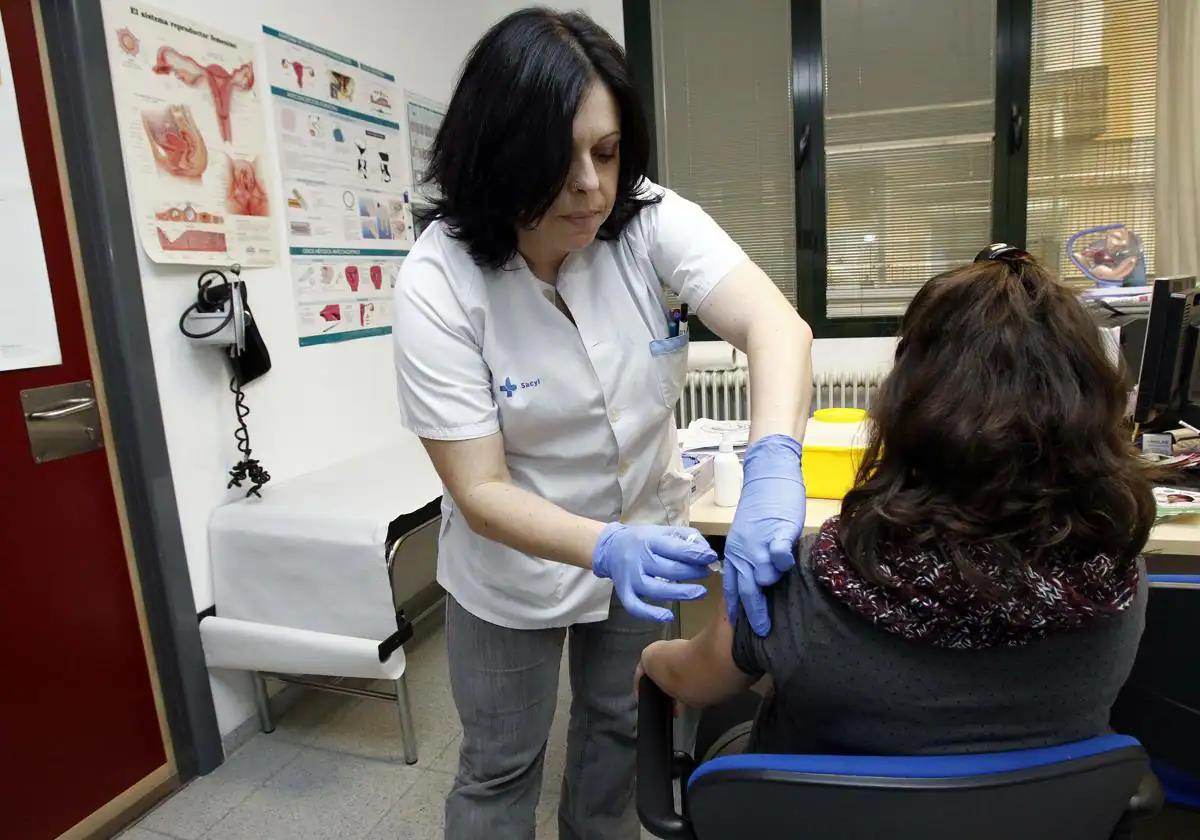Whooping cough vaccination reduces hospitalisation rate of infants by 34 per cent
In Spain, this vaccine has been offered to pregnant women since 2015, and is also given to infants in their first year of life
According to research by Spain Carlos III Institute published in a specialist vaccine journal, prenatal pertussis (whooping cough) vaccine significantly reduces the severity of the disease and reduces the risk of babies having to be hospitalised by up to 34 per cent. In Spain, this vaccine has been administered to pregnant women since 2015, and is also given to infants in their first year of life.
The results show that in the years prior to prenatal vaccination, infants aged 0-2 months experienced a hospitalisation rate five times higher than children aged 3-11 months, and were hospitalised an average of two days longer.
But with the introduction of the vaccine, hospitalisation rates decreased in both age groups. However, while an annual reduction of 26 per cent was observed in the 3-11 month group, the annual reduction in the 0-2 month group was as high as 34 per cent. In addition, the duration of hospitalisation decreased twice as fast in the 0-2 month olds, reaching a similar duration at the end of the study period as in the 3-11 month olds (4.5 days).
Immunisation against whooping cough has become a health concern, especially after the death last year of an infant without risk conditions whose mother had not been vaccinated.
The vaccination rate for pregnant women stands at 85 per cent (95 per cent for infants), but experts are calling for greater awareness to reach this population group as a whole.
The authors of the study explained that pertussis, caused by the bacterium Bordetella pertussis, is highly contagious and can be dangerous, especially for newborns, who can suffer severe complications such as sleep apnoea or pneumonia and, in more rare cases, convulsions or encephalopathy. For this reason, the vaccination strategy for pregnant women "is aimed at protecting newborns from their first days of life".
Since 2023, Spain has suffered a notable increase in cases of this disease, which has become an "epidemic wave". According to the latest Carlos III study, 2,560 cases of whooping cough were recorded last year, compared to 250 in 2022, 147 in 2021 and 761 in 2020, although still below the 3,503 in 2019, the last pre-pandemic year.

